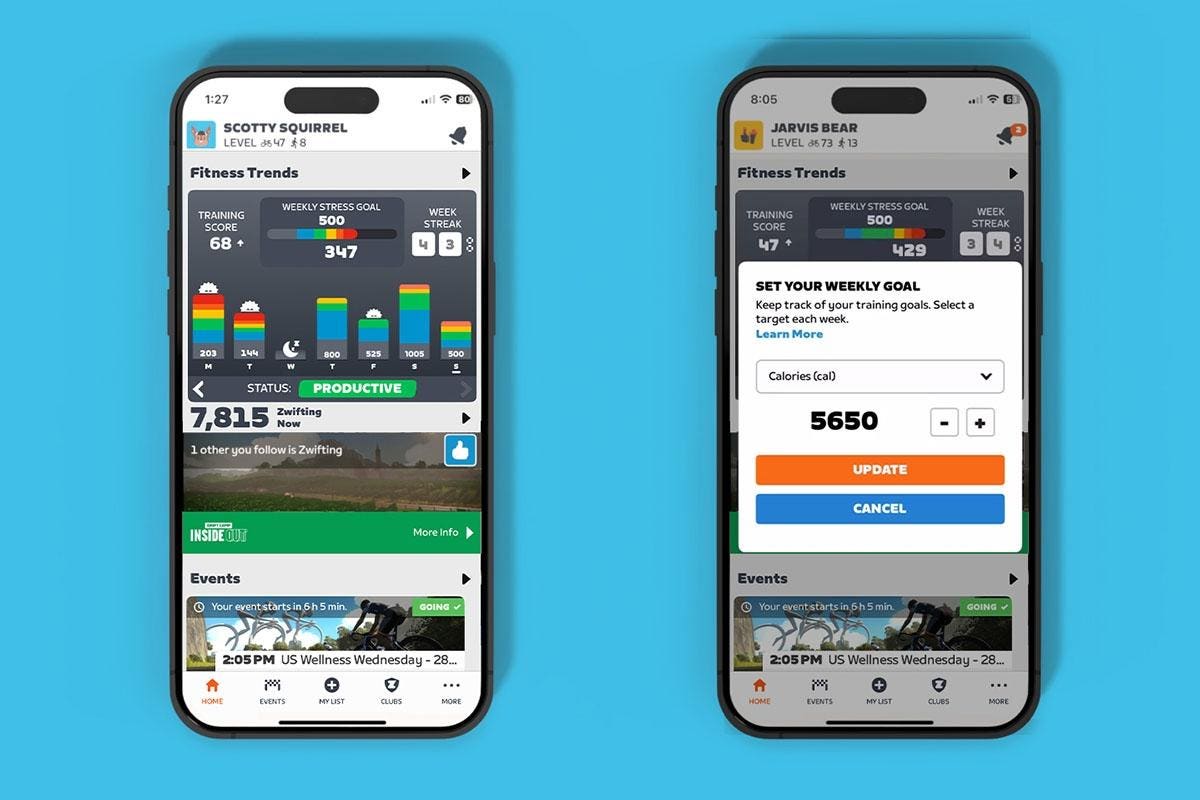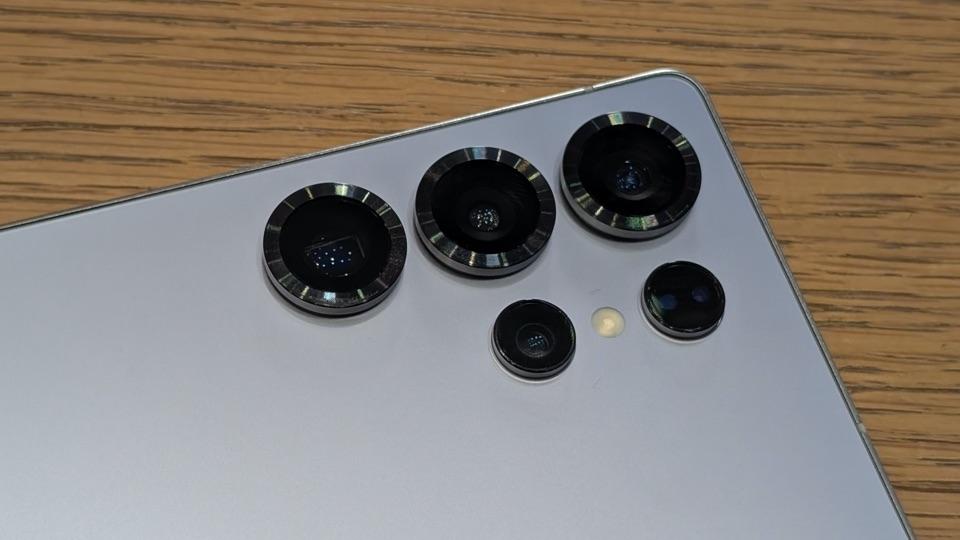Your online presence is constantly being evaluated — make sure it reflects who you really are and what you bring to the table.
getty
In a world where your next opportunity starts with a search bar, your brand is your first interview. Before your résumé is read, before your application is reviewed, you’re being Googled. Whether through LinkedIn, internal databases, or generative AI tools, decision-makers do what anyone would do: they look you up.
And what they find matters. A polished pitch might claim thought leadership, but if the digital footprint reveals a stagnant profile or AI-generated content, the disconnect is glaring. The gap between the story you’re telling and what others can verify doesn’t just raise doubts — it disqualifies you before trust even has a chance to form.
Today’s employers aren’t just hiring for what you’ve done. They’re hiring for who you are and how you’ll adapt to what comes next. That’s why hiring managers no longer rely solely on what you submit. They’re scanning for signals, not just in your résumé, but across every place your work shows up. A neglected LinkedIn profile becomes a red flag. A digital presence that doesn’t reflect your claimed expertise raises questions. And when thought leadership appears clearly generated by tools meant to mimic insight, not generate it, it undermines credibility. In a world of search-first impressions, consistency and authenticity aren’t optional. They’re the baseline.
You Can’t Outsource Trust
Turning to résumé services, profile writers, or PR firms won’t solve the problem if the foundation isn’t real. A personal brand can’t be manufactured — it must be lived. Today’s job market rewards alignment between what you say, what you show, and what others can find. That doesn’t mean chasing visibility for its own sake. It means making sure your expertise, values, and aspirations are visible in the places people go to learn about you.
Authenticity matters more than perfection. A profile or portfolio that reflects who you really are — your voice, your journey, your point of view — will build more trust than one that’s perfectly curated but generic. The goal isn’t to impress everyone. It’s to make it easy for the right people to recognize what you bring.
When your application tells one story and your online presence tells another — or nothing at all — you’re likely to be passed over. Not for lack of talent, but for lack of evidence. Employers want to see proof. In your posts. In your recommendations. In how you show up, even informally.
Presence Is No Longer Physical
In an upcoming episode of The Future of Less Work, Lorraine K. Lee, bestselling author of Unforgettable Presence: Get Seen, Gain Influence, and Catapult Your Career, underscores the shift from physical to digital presence. “Presence is not just about how others see us, but also where others see us. And it’s about our video and virtual presence… our LinkedIn presence. It’s about our presence when we’re not even face to face,” she said.
In a world where collaboration happens asynchronously and influence travels through shared documents and chat threads, your visibility must be intentional, not accidental. That includes commenting with insight, writing with clarity, and showing up with purpose, even in small interactions. “We want to be intentional and thoughtful,” Lee added, stressing that people can tell the difference between that and just saying something for the sake of it.
Build Visibility Before You Need It
For professionals navigating career shifts or trying to re-enter a rapidly evolving job market, the message is clear: build your visibility before you need it. Ensure that your digital presence reflects your real strengths, not just your aspirations. And resist the temptation to outsource your voice to someone, or something, that doesn’t truly know your work.
Because yes, you do have a brand — whether you’re managing it or not. “We all have a brand,” Lee said. “We can either be really thoughtful and intentional about it, or we can kind of leave it to chance and let other people define it for us.”
That means owning your story consistently. If you’ve pivoted into a new industry, talk about it. Share the journey, the learning, and the curiosity that got you there. If you’re aiming to be seen as a thought leader, contribute regularly and visibly. Not to go viral, but to build a trail. And trails build trust.
Most importantly, stop outsourcing your identity. Tools can support you. PR can amplify you. But your story — your real, consistent, visible story — can only come from you.
The future of work demands visibility — but not just any visibility. The kind that reflects who you really are, what you really know, and what you’re actually doing. Not the story someone else thinks will sell. The story that’s true.









